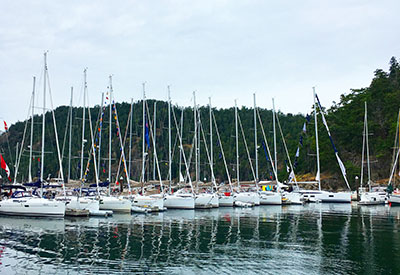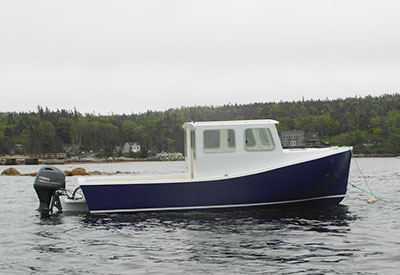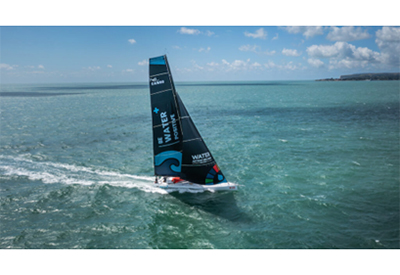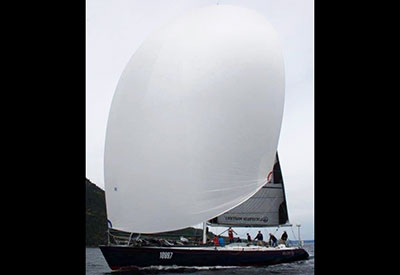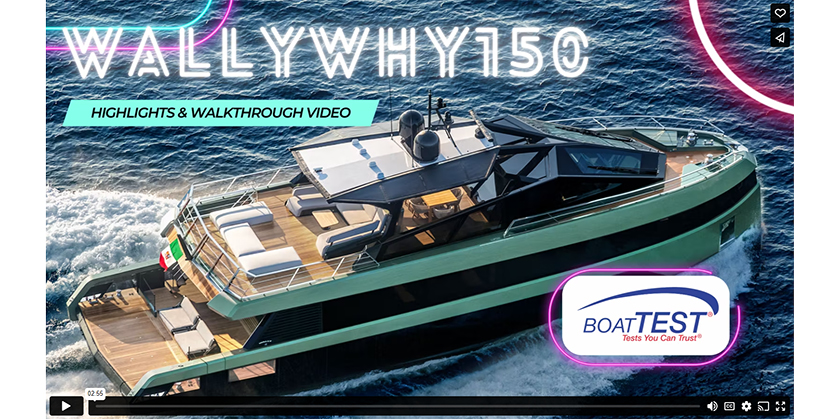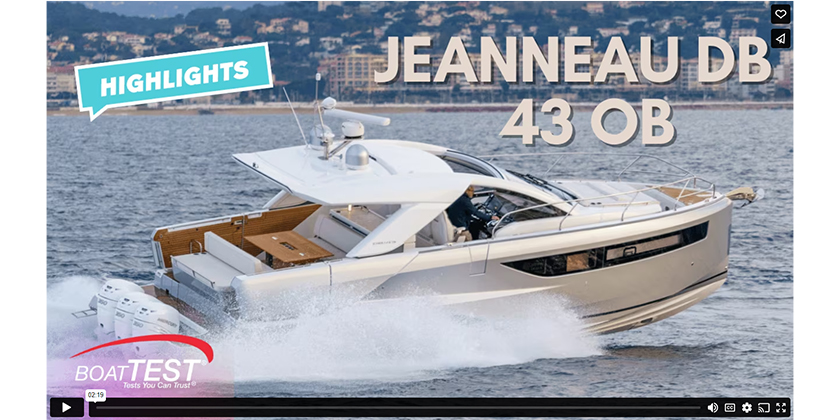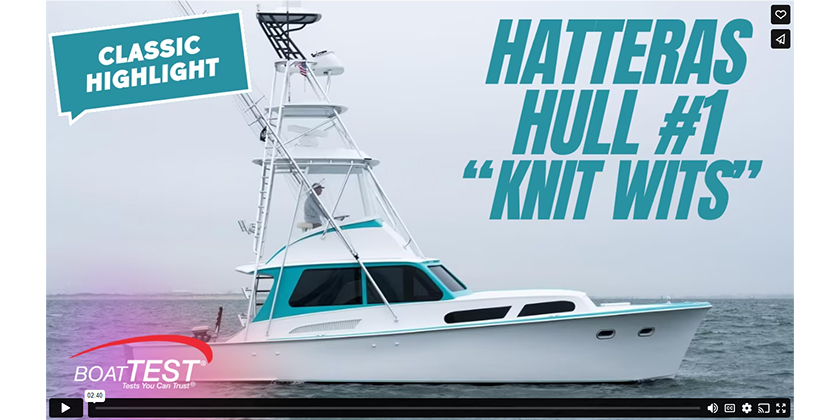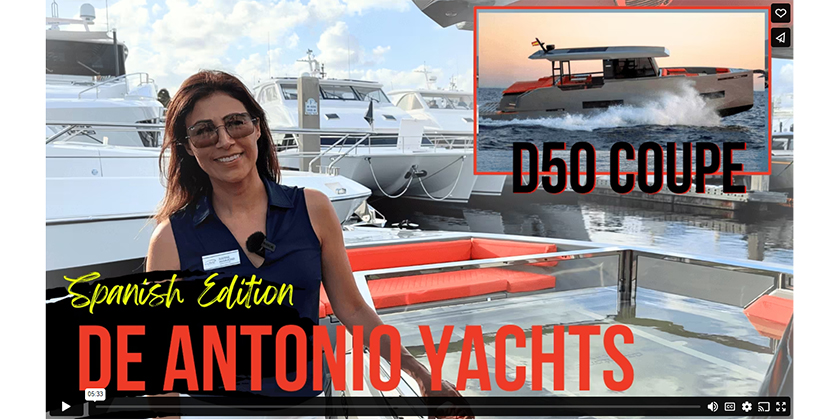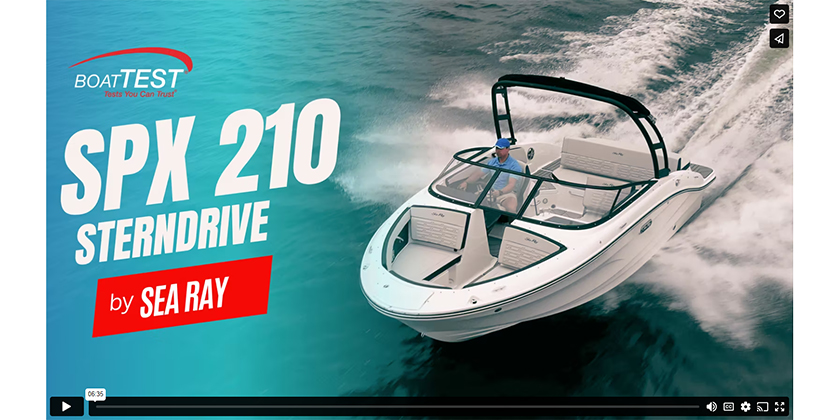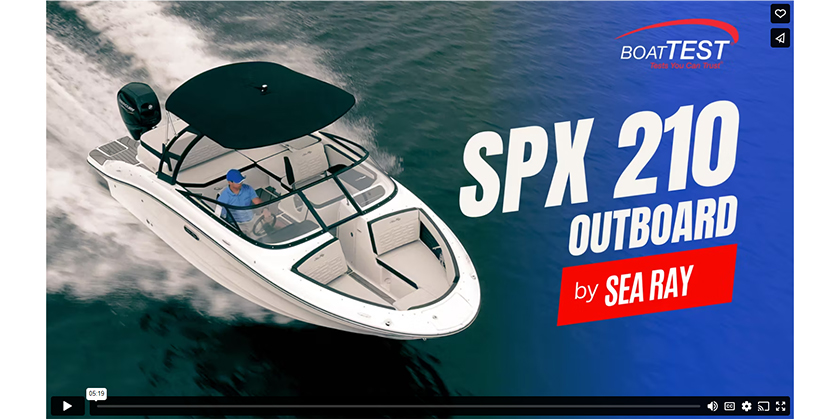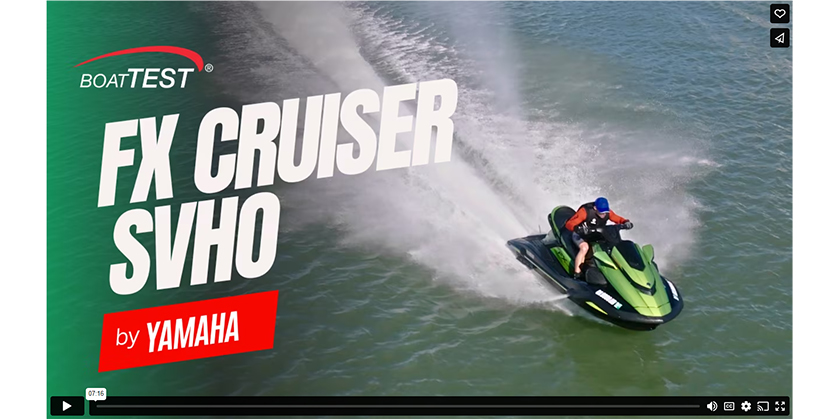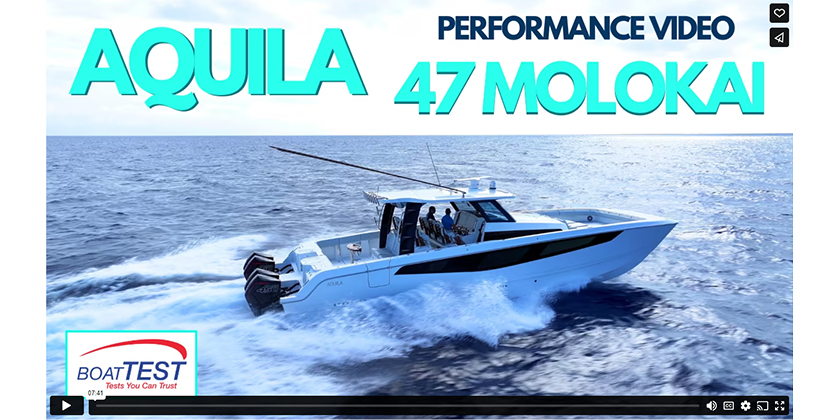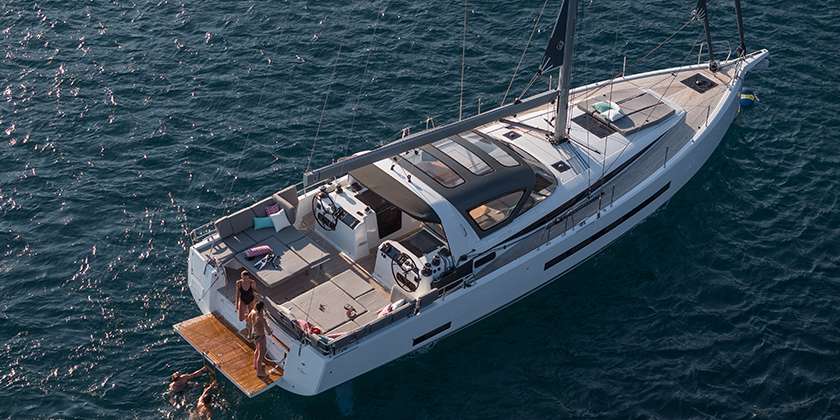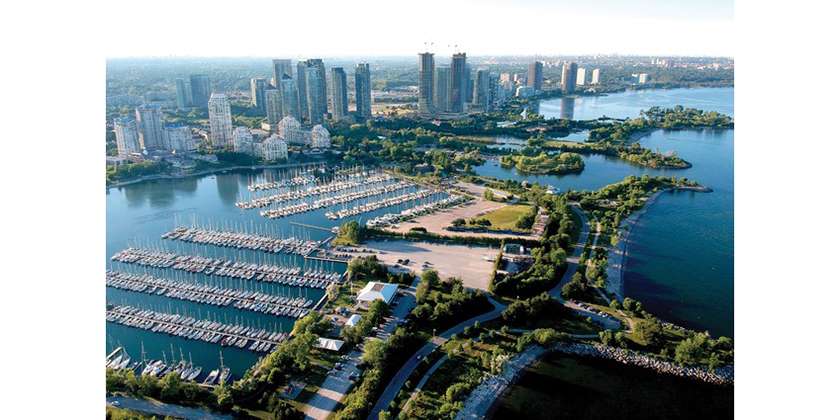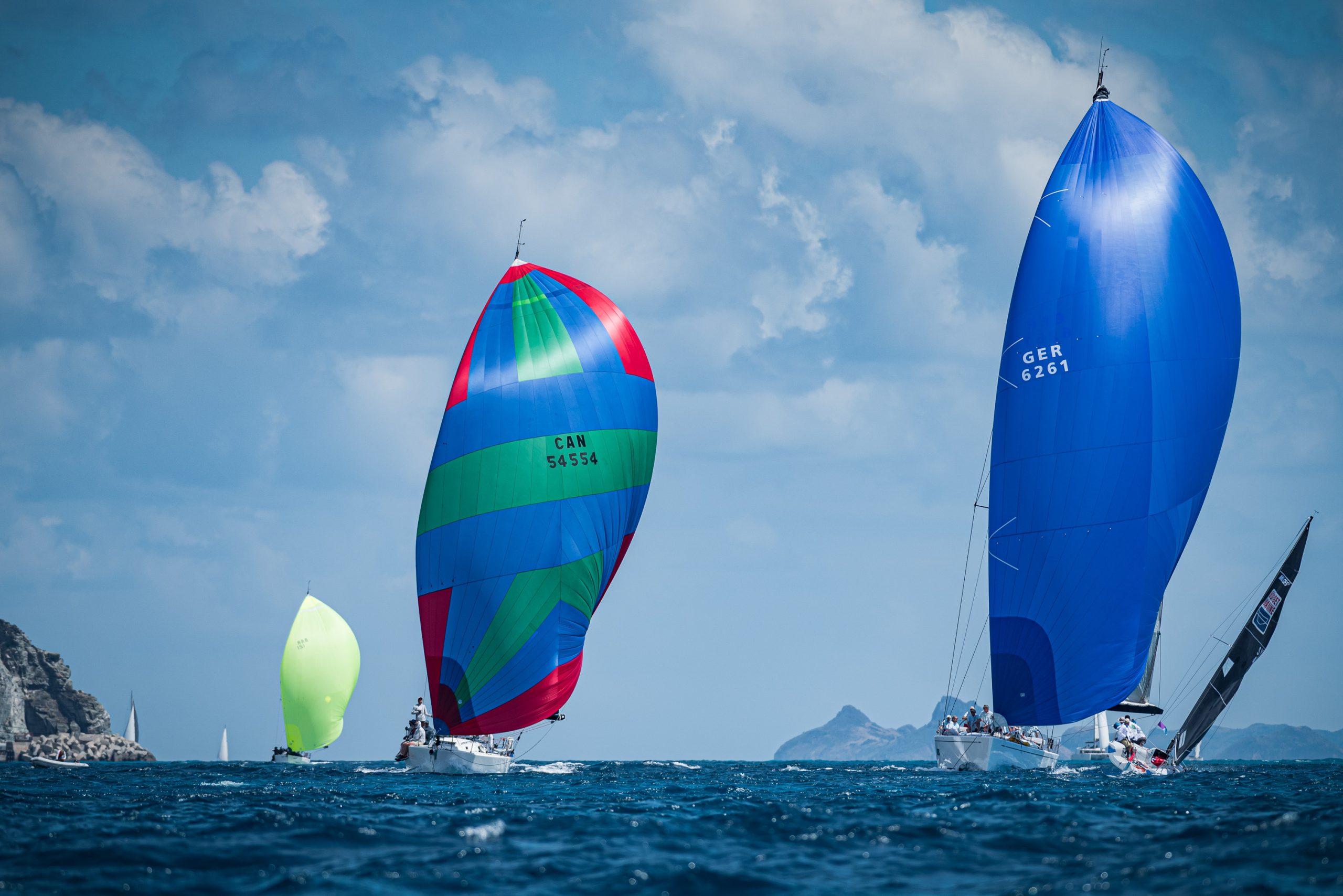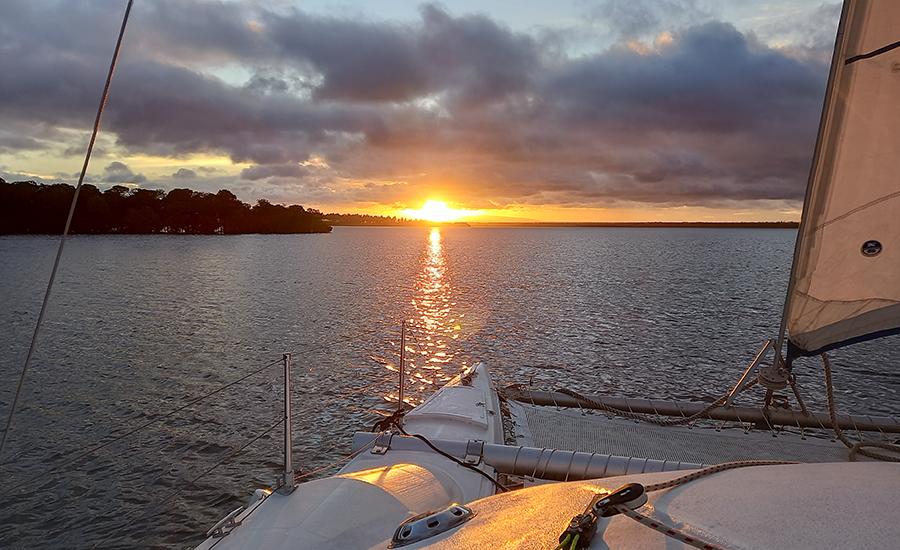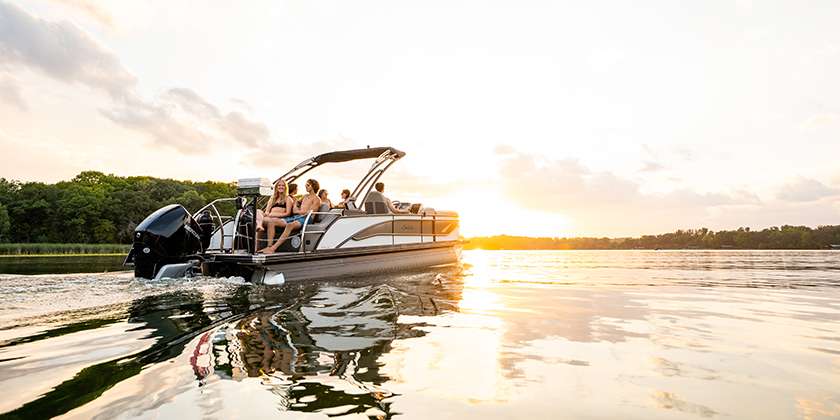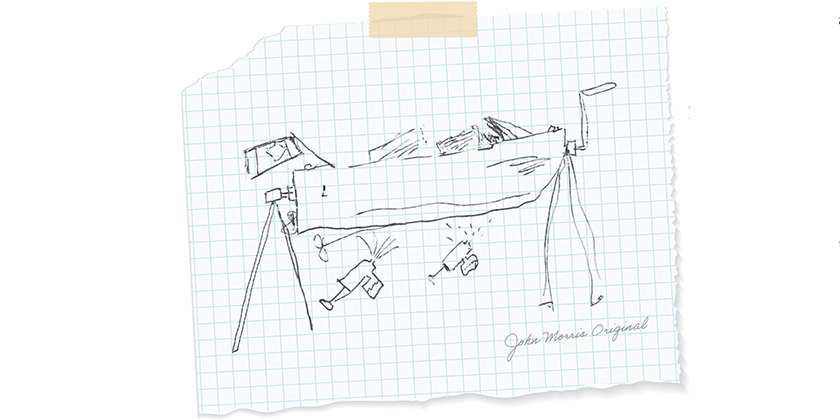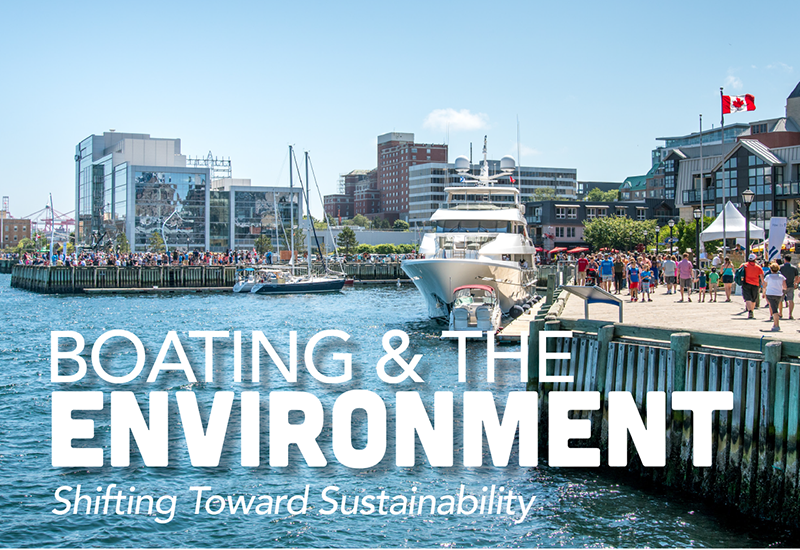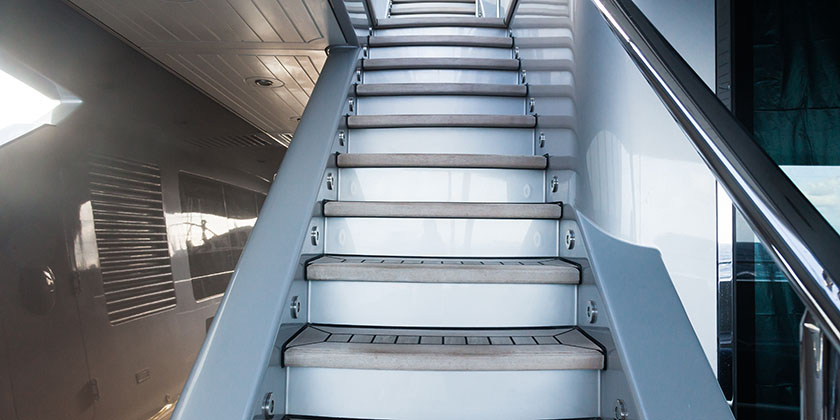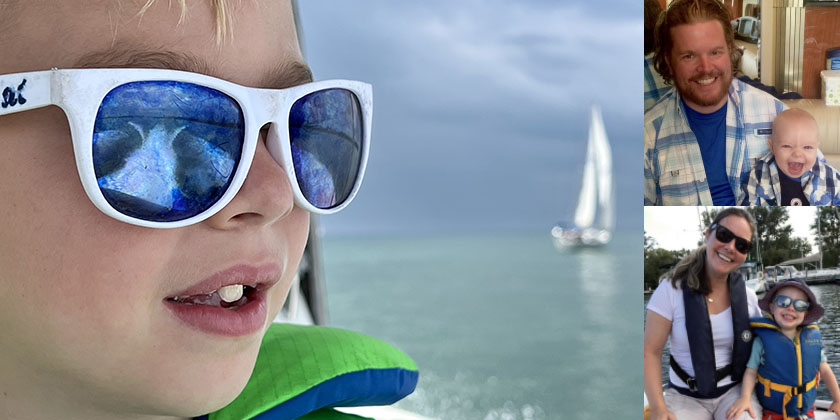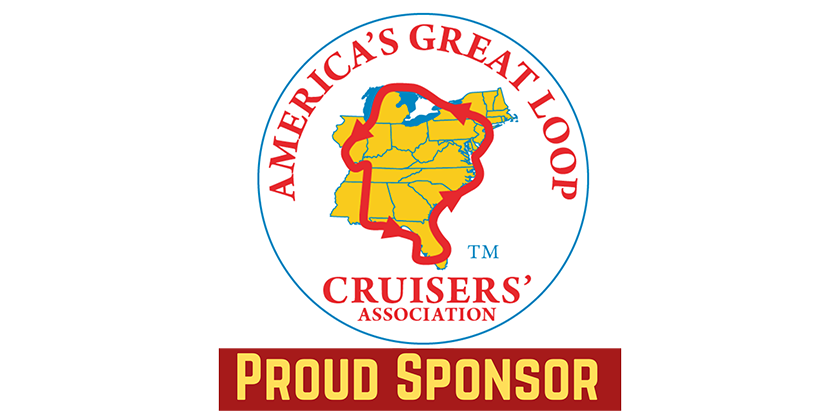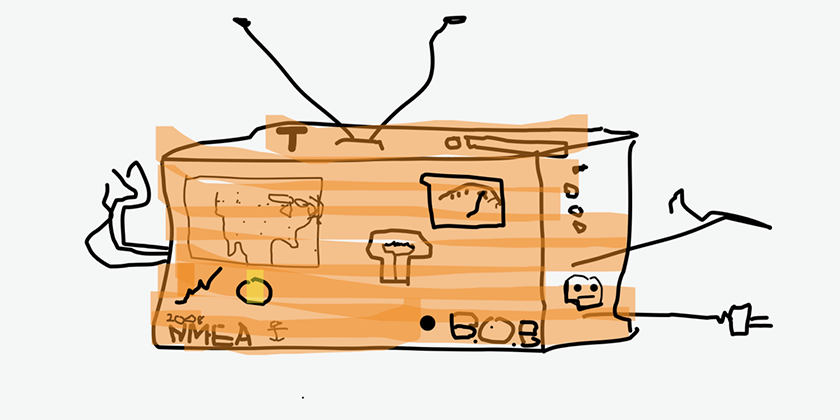Canadian Power and Sail Squadron’s Recreational Vessel Courtesy Check Program (RVCC)
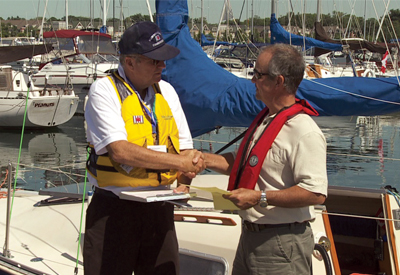
Mar 8, 2016
As we approach the start of the boating season, it’s a good time to prepare for and schedule your free vessel courtesy check.
A CPS-ECP RVCC typically takes 15 to 30 minutes to complete, depending on your boat’s size and type. When your boat passes all inspection categories, you will know that it meets the minimum safety requirements. A current RVCC decal shows Law Enforcement that your boat had the required equipment when the RVCC was conducted.
If your boat does not pass the RVCC, you will receive a written a copy of the anonymous report advising you of what needs to be corrected.
A successful RVCC gives you peace of mind knowing that your boat meets Transport Canada’s safety standards and that in an emergency you will have necessary equipment aboard to assist in saving lives or summoning help.
This sticker won’t guarantee that enforcement officers won’t ask to see your safety equipment, but as long as you don’t take anything off the boat that was there when it was checked – you should be confident that you are in compliance and won’t get a fine for safety equipment violations.
Examples of some of the Items checked during a RVCC include:
• Personal life saving devices
o Life Jackets
o Buoyant heaving line
• Visual signals
o Flares
o Flashlights
• Fire extinguishers
• Navigation equipment
o Sound producing devices/appliances
o Navigation Lights
o Compass
To find the closest CPS-ECP RVCC specialist to your boating location contact a Regional Coordinator.

